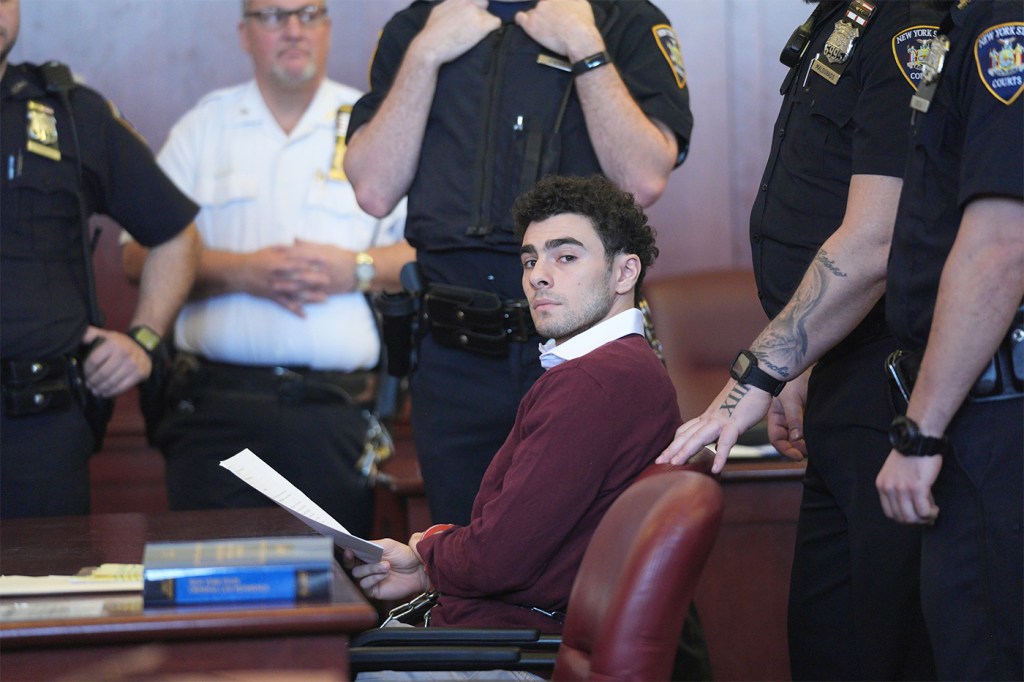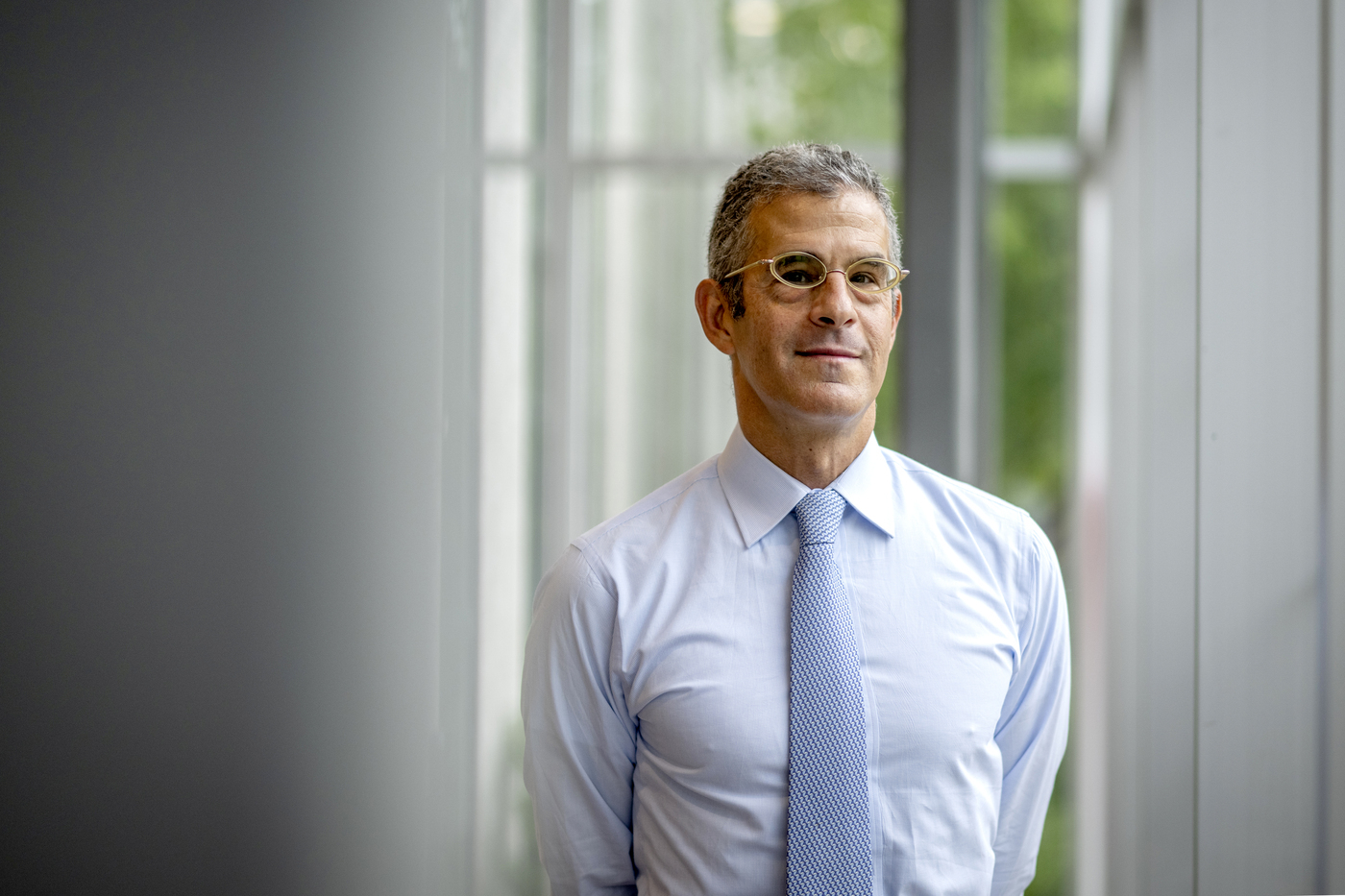Robin Hood or cold-blooded killer? Jury selection and jury nullification will be key in Luigi Mangione’s murder trial, legal expert explains
Given the nature of his alleged crime –– and motivation –– it’s going to be hard to get “12 people where at least some of them are not going to be open to what he did,” Northeastern legal expert Daniel Medwed says.

Few cases in recent memory have captured the public’s attention as much as Luigi Mangione’s alleged fatal shooting of UnitedHealthcare’s CEO.
Since his arrest, the 26-year-old has become the subject of intense public scrutiny. The media, public and even documentary filmmakers have unpacked — and fawned over — the details of his life and his possible motive, as well as the debate his alleged crimes have sparked around the American health care system.
Editor’s Picks
With so much awareness around the case, jury selection will become the battleground where prosecutors and Mangione’s defense team could decide the outcome of one of the most high-profile cases in recent U.S. history.
The jury is key in any case, but a Northeastern University criminal law expert says that it will be even more make-or-break in a case where the accused has become a Robin Hood figure for broad swaths of the public.
“If it goes to trial, the whole thing is going to come down to jury selection and if the prosecution can do a good job of vetting out people who might be sympathetic to him,” says Daniel Medwed, a distinguished professor of law and criminal justice at Northeastern.
The aim of any jury selection process, Medwed says, is to find a “fair and impartial cross-section” of the population wherever the defendant is being tried, which in this case is New York County. However, in a case that gains national attention, that becomes a massive challenge.
“You know that everybody has read something about the case or seen something on social media or on television, so it’s not so much about finding a jury that is oblivious to the case because that’s impossible,” Medwed says. “It’s about finding jurors who claim, and legitimately claim, that they haven’t made up their minds yet and that they can actually listen to the facts, listen to the evidence and apply the law in a way that’s equitable.”

The selection process is made even harder by the fact that Mangione has become a folk hero to some, especially young people frustrated with the health care system and the wealth disparity in the U.S. Medwed says there are going to be a lot of people — “fanboys and fangirls” — who want to serve on the jury just to be near Mangione.
The goal of the prosecution and judge, he says, will be to weed out anyone who could harbor favor for Mangione. They can do that by lodging two kinds of challenges during the selection process, either a challenge for cause or a peremptory challenge.
A lawyer can argue a challenge for cause based on a specific reason why a potential juror might not be impartial. Peremptory challenges are issued with no reason required. While there are restrictions on peremptory challenges — lawyers can’t use them based on race or gender — Medwed says it can sometimes amount to profiling.
Medwed notes that there is a chance the prosecution uses “social media consumption as a little bit of a proxy for profiling people and bouncing people even if they say, ‘I haven’t made up my mind. I can be fair.’”
“The ultimate jury could look very, very far removed from Mangione in terms of race and class and education and all of these different things,” Medwed says. “If in fact prosecutors do go to the extreme and they strike a lot of people just based on those characteristics, it could be a problem.”
All of these factors are likely to come into play in a case that Medwed says will in all likelihood go to trial. Most cases might end in a plea deal, but Medwed argues a trial could be exactly what Mangione and his defense team want. Mangione would likely face a first-degree murder charge, which in New York comes with a sentence of 25 years to life, but “often ideologues [like Mangione] want to make a point with their cases, which often goes in favor of going to trial,” he says.
For the prosecution, that’s the worst-case scenario, Medwed adds. A conviction or acquittal needs to be a unanimous decision by the jury, but to hang a jury and get a mistrial, all it takes is one person to be swayed by Mangione’s story. If it goes beyond one juror, Medwed says there’s “a real possibility” that jury nullification comes into play, where the jury settles on a “not guilty” verdict despite understanding that Mangione has broken the law.
“In New York City, statistically it’s going to be hard to get 12 people where at least some of them are not going to be open to what [Mangione] did,” Medwed says. “[The prosecution] don’t want to take this case to trial because even though the evidence is strong, they probably are really terrified of a nullification situation for good reason: It’s a Robin Hood case.”











